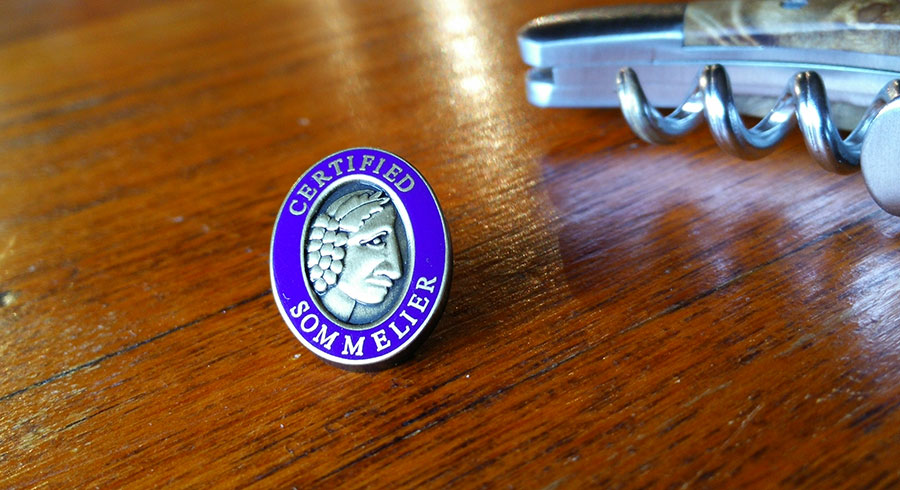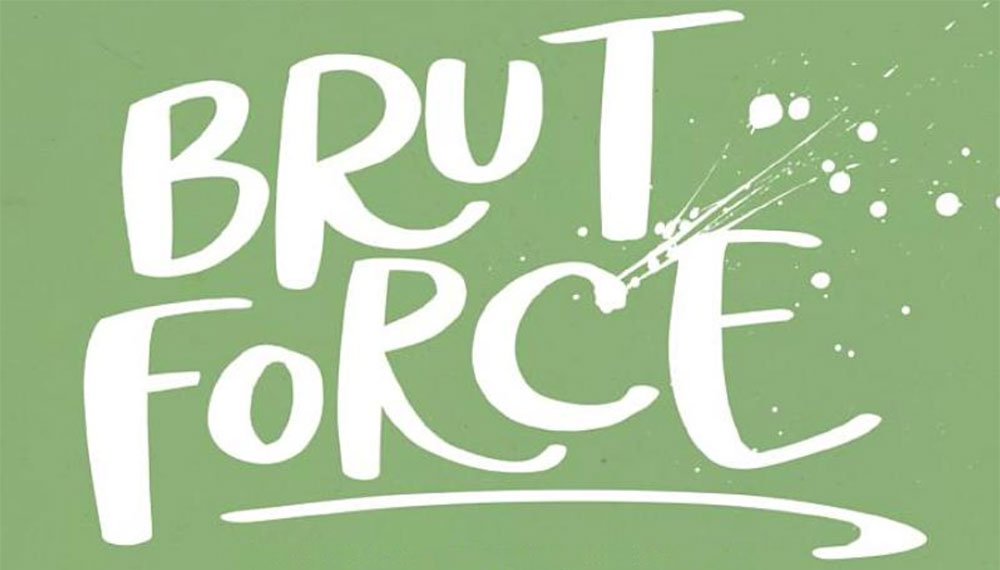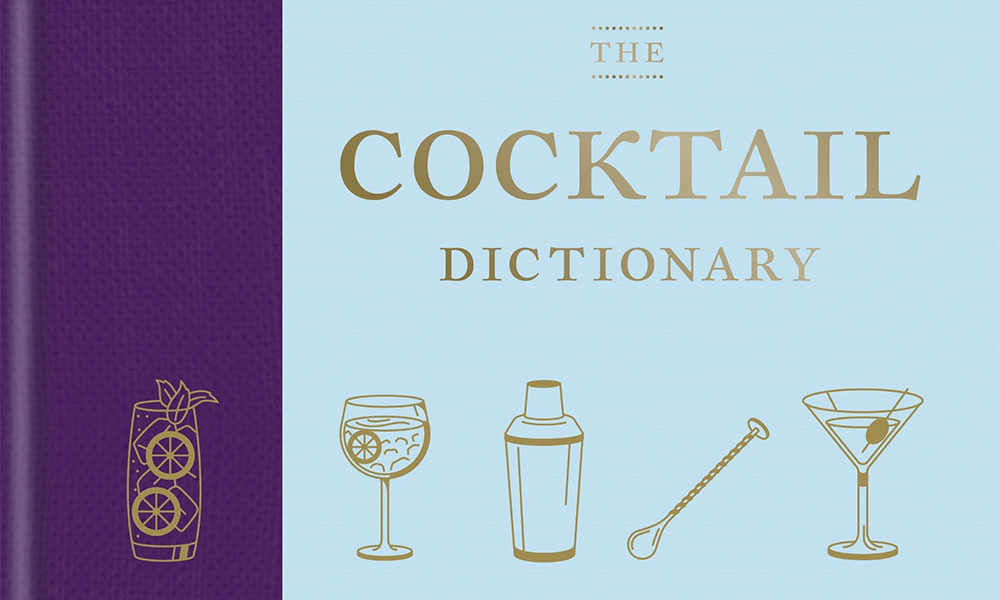For some time I’ve been reading articles written by Bianca Bosker about certain aspects of the wine world. While positing topics that have no end of potential (such as “Is there a better way to talk about wine?“) the articles always left me wanting more than what they’d scratched at. This is why I was quite interested to read Ms. Bosker’s new book, “Cork Dork” to see if the freedom of a longer format would allow her to develop more of a personal voice and offer something greater than previous […]



